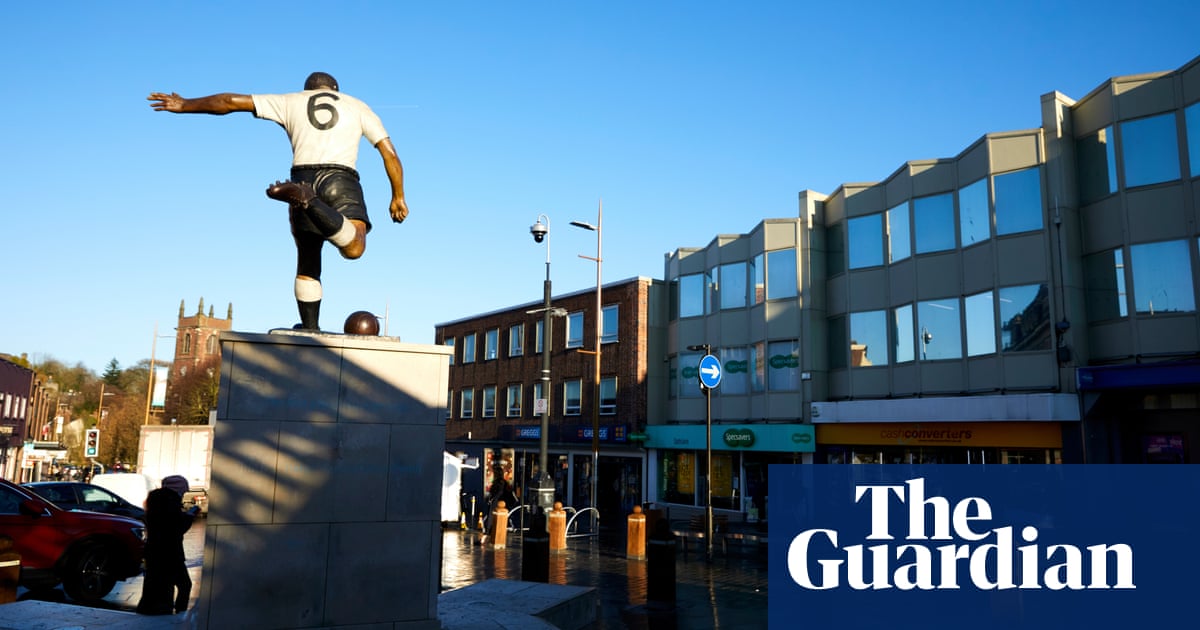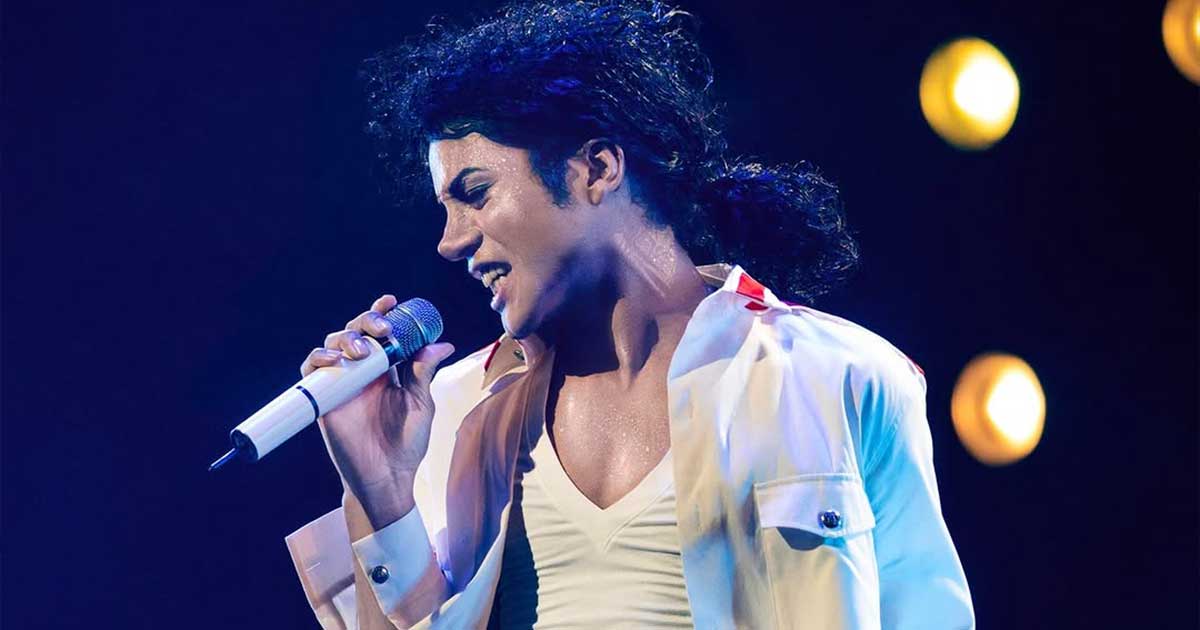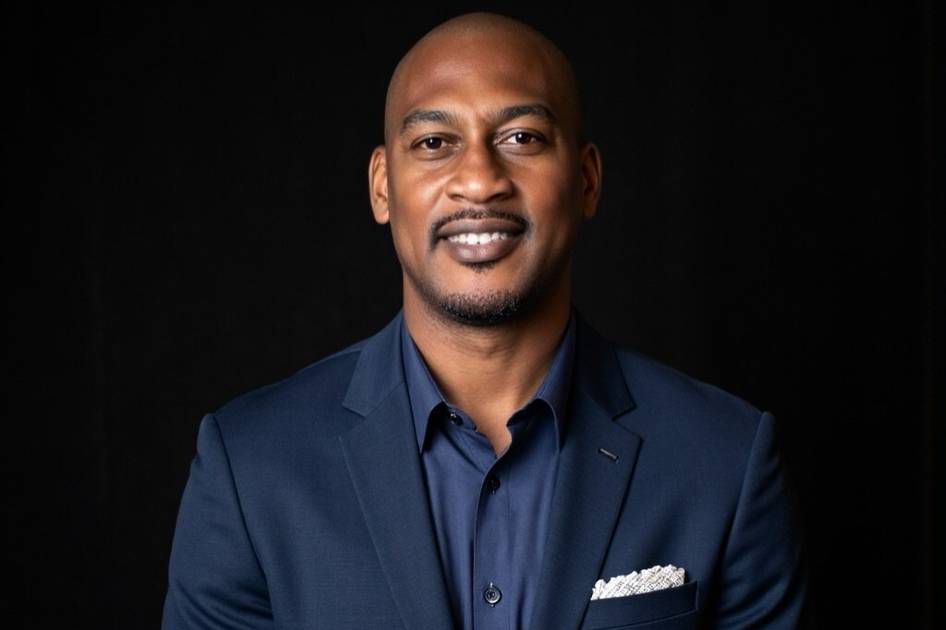“What I’m doing may look like a negotiation format because we sit behind a table and discuss issues, but we don’t negotiate,” he said in an interview with Hungarian state radio Friday morning. “That’s why I don’t even need a mandate because I don’t represent anything.”
“I do one thing: I go to the places where there is a threat of war or a war that has negative consequences for Europe and Hungary, and I clarify the facts. That’s why I ask questions: for example, I asked President Zelenskyy three or four important questions, what he thinks about them so that we can understand his intentions, where are his red lines, the borderline, as far as he can go for the sake of peace,” Orbán said in the interview.
“If we don’t measure this, if we don’t know this exactly, and if we sit in Brussels, then we cannot get closer to peace because peace will not come by itself,” Orbán said. “If we think that events are taking place and that this will suddenly lead to peace, then we misunderstand the natural history of war. There will be peace when someone does it.”
A Ukrainian official in the presidential office in Kyiv said Tuesday’s meeting between Orbán and Zelenskyy was “not bad.” The Ukrainians listened to the Hungarian leader, and Orbán heard Zelenskyy’s arguments, said the official, who was granted anonymity to talk candidly. But Kyiv did not give any messages to be passed to Moscow, the official added.
“Orbán has not received any message from us and we have not asked for anything; he decides himself where to go,” the official in Kyiv said. “It is important for us that pan-European issues and bilateral matters between us are resolved.”
It’s Orbán’s first trip to Moscow since Russia launched its full-scale invasion of Ukraine in early 2022 — but it won’t be his first meeting with Putin since then: the two leaders broke bread in China last October.
Veronika Melkozerova contributed reporting.







